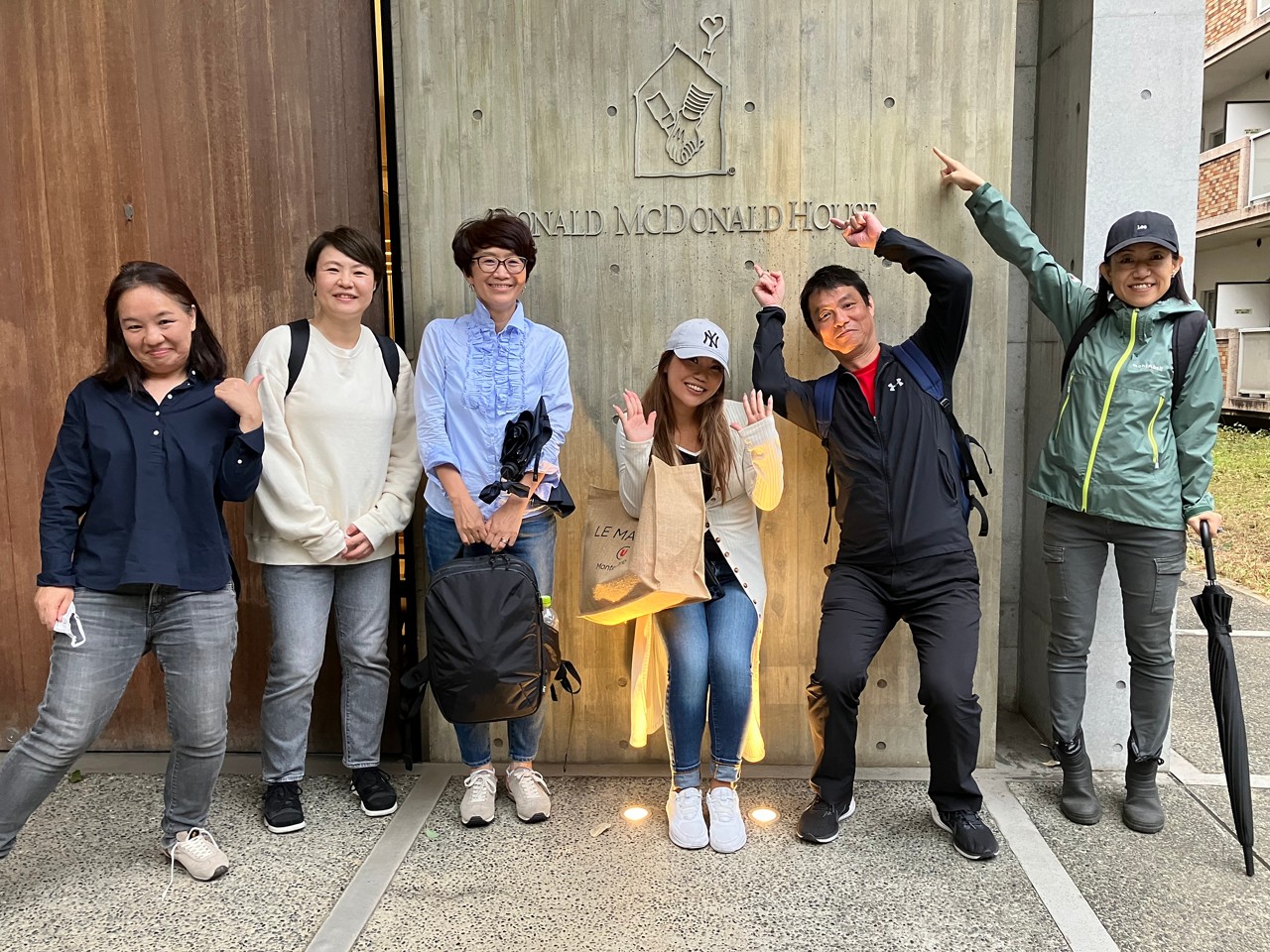By Ali Cartier
Communications Specialist
 Bryar Huggins receiving care in the NICU at St. Louis Children's Hospital
Bryar Huggins receiving care in the NICU at St. Louis Children's Hospital
“Our Meals from the Heart program is built on the foundation of corporate and community partners who volunteer their time to prepare a meal for families,” said Matt Borchardt, chef with Ronald McDonald House Charities of St. Louis. “Through their dedication and generosity, families continue to be supported in this special way. We see the smiles on the families' faces every day.”
The housing and meal program is just one of the ways Ronald McDonald House Charities ease the burden for families. They also have Family Room programs in some hospitals, which give family members a place where they can step away from a child’s bedside for a little time for themselves. Care Mobile programs send vehicles to disadvantaged communities where children can receive comprehensive health care via the mobile clinics.
 Thermo Fisher's Community Action Council (CAC) volunteers in Japan, outside the Ronald McDonald House in Tokyo.
Thermo Fisher's Community Action Council (CAC) volunteers in Japan, outside the Ronald McDonald House in Tokyo.
“When a child is ill, families are focused on delivering the best care, which often imposes significant emotional, physical and financial burdens,” said Ibuki Nishibe, human resources business partner for Thermo Fisher’s Tokyo site.
“When we cook the meals, they feel so happy, and they feel relieved from their stress for the time being. We help give them the power to keep going,” said Ibuki, who leads the Community Action Council (CAC), a colleague-led community volunteer program at the company’s Tokyo site.
Thermo Fisher has a network of 160 CACs globally, 10 of which have supported Ronald McDonald Houses across the United States, Germany, Japan, Mexico and Singapore since 2022.
 CAC volunteers in Japan, hard at work
CAC volunteers in Japan, hard at work
 CAC volunteers in St. Louis, Missouri
CAC volunteers in St. Louis, Missouri